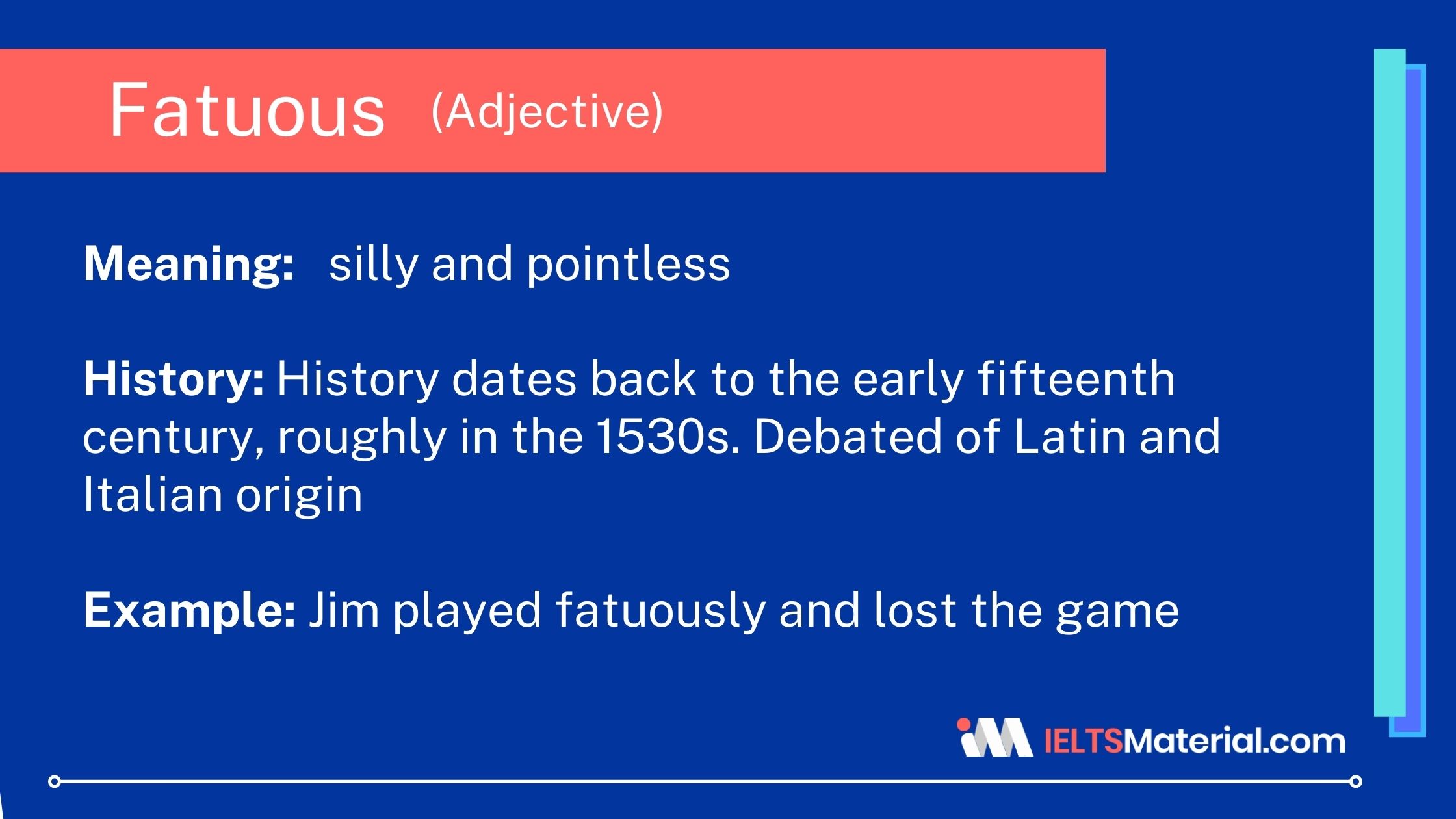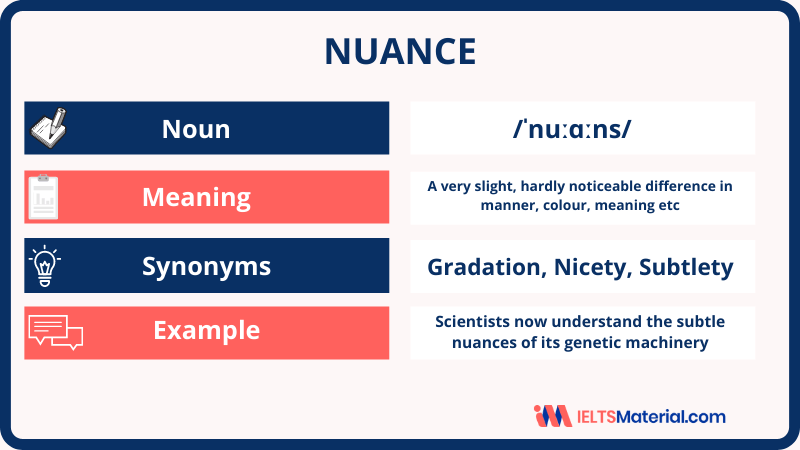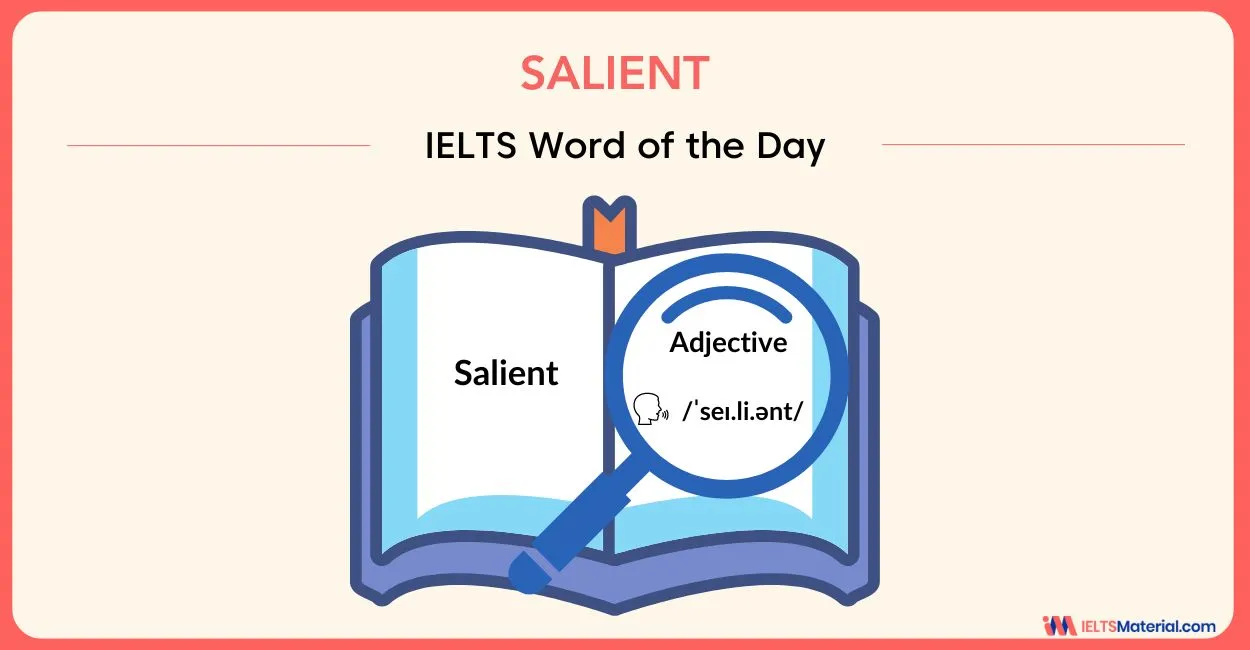Aggravate – Word of the Day for IELTS Speaking & Writing
4 min read
Updated On
-
Copy link
Want to sound more advanced in IELTS? Learn how to use the word "aggravate" like a pro in Speaking and Writing. Includes examples, collocations, and expert tips!
Table of Contents
- What Does "Aggravate" Mean?
- Synonyms and Antonyms of Aggravate
- Sample Sentences Using 'Aggravate'
- Common Collocations with Aggravate
- Example Sentences for IELTS Speaking & Writing
- IELTS Writing Task 2 Sample Usage
- IELTS Speaking Sample Answer Using “Aggravate”
- Vocabulary Builder: Related Words & Phrases
- Tips to Use "Aggravate" Effectively in IELTS
- Practice Questions for You

Limited-Time Offer : Access a FREE 10-Day IELTS Study Plan!
Mastering advanced IELTS Vocabulary is essential for achieving a high band score in the IELTS Speaking and Writing sections. Today’s word is "aggravate" — a versatile verb used in both formal and informal contexts. Let’s explore its meanings, usage, synonyms, antonyms, and how it can help elevate your IELTS performance.
What Does "Aggravate" Mean?
Understanding precise meanings is key in the IELTS test. Let’s delve into what 'aggravate' actually means and how it can be used correctly.
Aggravate /ˈæɡrəveɪt/ (verb)
Definitions:
- To make a bad situation, illness, or condition worse
(Formal usage in academic and professional contexts) - To deliberately annoy or provoke someone
(Informal usage in casual or spoken English)
Synonyms and Antonyms of Aggravate
Using a wide range of vocabulary is crucial in IELTS Speaking and Writing. Here are synonyms and antonyms that can help expand your expression.
Synonyms:
- (Worsen a situation): worsen, exacerbate, complicate, intensify, deteriorate
- (Annoy or provoke): irritate, provoke, exasperate, infuriate, irk
Antonyms:
- (Worsen a situation): alleviate, ease, improve, mitigate, soothe
- (Annoy or provoke): pacify, calm, appease, console, placate
Sample Sentences Using 'Aggravate'
Real-life examples help you understand how to apply 'aggravate' in both written and spoken IELTS responses.
- Inefficient housing policies have aggravated the housing shortage in metropolitan areas.
- Constant media intrusion only serves to aggravate public unrest.
- The rise in traffic has aggravated pollution levels across major cities.
- Her allergic reaction was aggravated by prolonged exposure to pollen.
Common Collocations with Aggravate
Using "aggravate" with the right collocations can help you sound more natural and fluent in IELTS:
| Verb + Object | Meaning |
|---|---|
| aggravate the situation | Make a problem worse |
| aggravate symptoms | Make illness more severe |
| aggravate tensions | Intensify conflicts or disputes |
| aggravate a problem | Increase the severity of a problem |
| aggravate someone | Deliberately annoy someone |
Want to master more high-band IELTS vocabulary for the IELTS exam? Book a Free Demo Class today.
Example Sentences for IELTS Speaking & Writing
- Urban overcrowding has aggravated traffic congestion, especially during peak hours.
- His comments during the meeting only aggravated the tense atmosphere.
- Air pollution has been severely aggravated by the increase in private vehicle usage.
- The continuous noise from construction sites really aggravated the residents.
- Using harsh chemicals on sensitive skin may aggravate existing skin conditions.
IELTS Writing Task 2 Sample Usage
Here's how you might use the word "aggravate" in a sample Writing Task 2 essay response.
Topic: Environmental Problems
Sentence: “Unchecked industrialization has aggravated global warming, making it one of the most pressing challenges of our time.”
Topic: Health and Lifestyle
Sentence: “A sedentary lifestyle can aggravate health problems like obesity, diabetes, and cardiovascular diseases.”
These sentence structures are ideal for Band 7+ writing, where complex grammar and accurate vocabulary play a key role.
IELTS Speaking Sample Answer Using “Aggravate”
Practising with context-specific questions prepares you for actual IELTS Speaking situations. Here's a sample question using the word 'aggravate.'
Question: Are people concerned about environmental problems in your country?
Sample Answer:
Yes, definitely. Over the past few decades, environmental conditions have drastically worsened, and people have become increasingly aware of their impact on the planet. In my country, the rise in air and water pollution has aggravated public concern, pushing both citizens and governments to take meaningful action. From using eco-friendly alternatives to participating in clean-up drives, people are now more involved than ever in protecting the environment.
Vocabulary Builder: Related Words & Phrases
Let’s break down some useful vocabulary and phrases found in the examples:
| Word/Phrase | Meaning |
|---|---|
| Inefficient | Not effective in using resources, time, or effort |
| Intervention | Involvement to improve a situation |
| Discontent | Dissatisfaction, especially with social or political conditions |
| Rebellion | Active resistance to authority or control |
| Untreated | Not processed or purified |
| Emission | Substances released into the air, often harmful |
| Industrial zone | Areas designated for factories and manufacturing |
| Excessive | More than what is necessary or acceptable |
| Exposure | The state of being unprotected from something harmful |
| Coverage | Protection or insurance against risks |
Grab the newly launched Vocabulary for IELTS (Essential words for popular topics in IELTS) to level up your preparation.
Tips to Use "Aggravate" Effectively in IELTS
Dos:
- Use it in formal writing tasks when discussing problems, causes, and effects.
- Combine with passive voice for academic tone: "The situation has been aggravated by..."
- Use it to enhance your lexical resource score in Speaking Part 3 discussions.
Don’ts:
- Don’t confuse it with "irritate" in formal writing unless you’re referring to emotional reaction.
- Avoid overusing it in every paragraph—variety of vocabulary is important.
Practice Questions for You
Try answering these IELTS-style questions using the word "aggravate":
- Writing Task 2: "What are the effects of urbanization on public health?"
(Hint: Think about how urbanization might aggravate health conditions.) - Speaking Part 3: "How do governments handle natural disasters in your country?"
(Hint: Mention if government inaction could aggravate the situation.)
Incorporating high-level vocabulary like "aggravate" not only improves your lexical resource but also helps you express complex ideas more effectively in both IELTS Speaking and Writing. Practice using the word in multiple contexts and make it a natural part of your academic vocabulary. If you're aiming for top scores, follow the IELTS Exam Preparation Tips for Band Score of 8+ to further enhance your vocabulary and overall test performance.
Also check:
Explore IELTS Resources

Start Preparing for IELTS: Get Your 10-Day Study Plan Today!
Recent Articles

Kasturika Samanta

Kasturika Samanta

Kasturika Samanta





Post your Comments